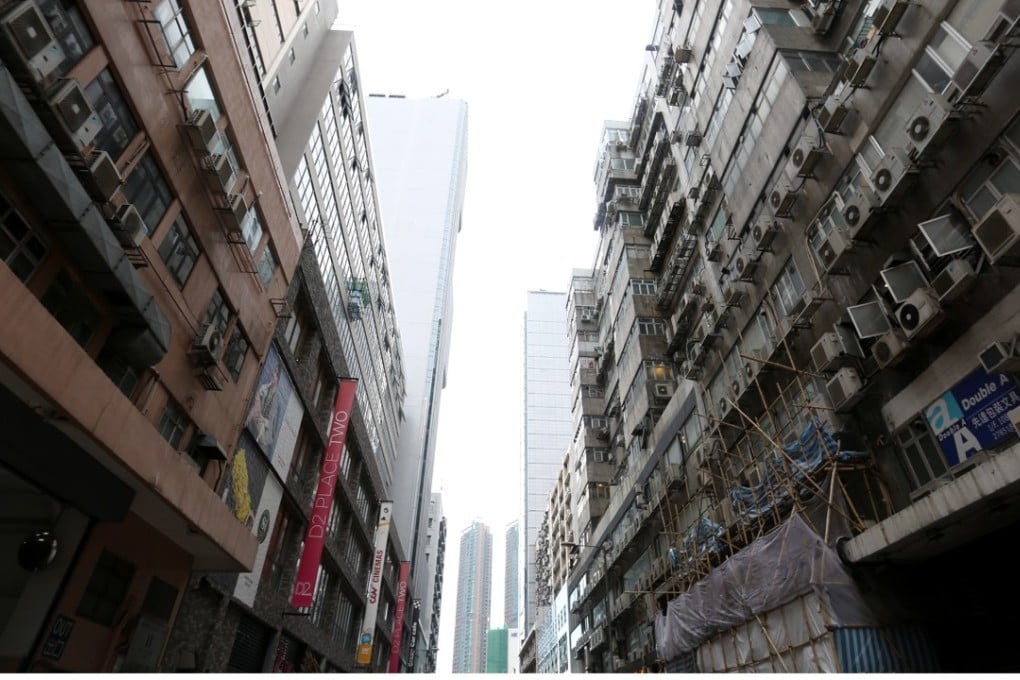Concrete Analysis | Can Hong Kong’s transitional housing scheme help Hongkongers own a home?
- Industrial buildings will be allowed to be converted into short-term housing for a maximum five years

The Hong Kong government announced in its policy address in October that a new industrial building revitalisation scheme will be launched. It will give the green light to the conversion of industrial buildings to transitional housing premises without requiring a waiver fee to be paid. On November 26, the Town Planning Board announced that transitional housing, coordinated by a task force under the Transport and Housing Bureau, will be allowed in wholesale-converted industrial buildings for no more than five years. The fixed and maximum 5-year term will be specified in the special waiver granted by the Lands Department.
The scheme also came with other constraints, including the compulsory recruitment of non-governmental organisations as intermediary and management team. The special waiver ends along with the expiry of rental agreement, and the application for transitional housing should be considered again on the date that it is resubmitted.
For transitional housing of no more than three years in rural areas, owners are still required to seek the Town Planning Board’s approval.
As with the Hong Kong Chief Executive Carrie Lam Cheng Yuet-ngor’s response in the question-and-answer session to the policy address, the spacious interior of industrial buildings can easily be converted to provide hundreds of housing units. The proposed policy will allow landlords to transform the entire or a portion of their buildings in the city’s Commercial, Comprehensive Development Areas (CDA), Other Specified Uses (Business) and Residential Zones for transitional housing use.
Apart from being exempted from waiver fees, the landlords will also be granted a temporary permit and exemption from the Town Planning Board applications. Permitting the change in use of multi-storey factory buildings will not only bolster the utilisation of land resources, but also help alleviate Hong Kong’s acute housing shortage problem.
However, transitional housing can be further extended to a housing ownership scheme. For example, in the UK, transitional housing developments can be divided into three categories: modular housing units, rental units reserved from private development and rent-to-buy units. The first two mainly focus on renting while the rent-to-buy option encourages and supports housing ownership.

